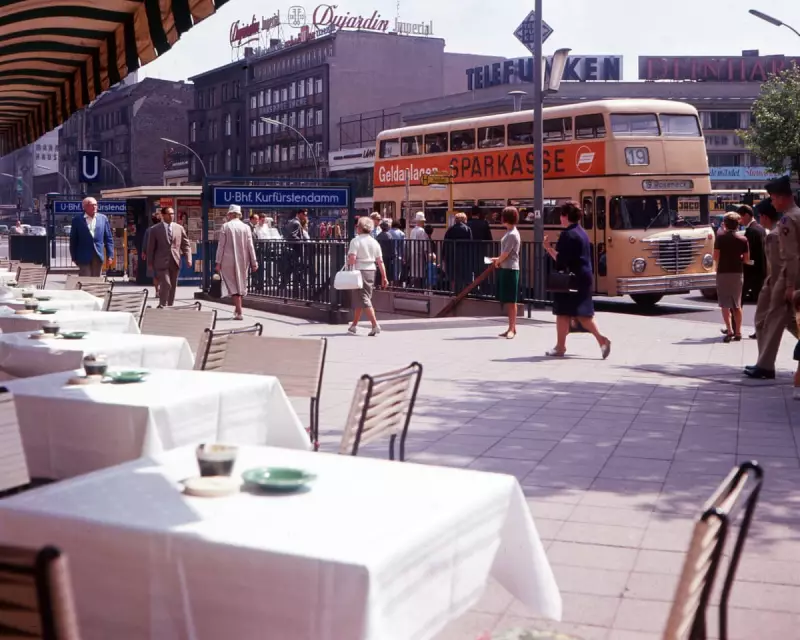
When the Berlin Wall crumbled in 1989, it didn't just signal political change—it marked the disappearance of an entire way of life. For celebrated German author Jenny Erpenbeck, these vanished worlds live on in the most ordinary of objects, each one a vessel containing vast, untold histories.
The Weight of Small Things
In her International Booker Prize-shortlisted novel 'Kairos,' Erpenbeck masterfully explores how personal and political histories intertwine. The book, which chronicles a complex love affair set against the backdrop of East Germany's final years, demonstrates her remarkable ability to find profound meaning in everyday items.
'Sometimes it's a matchbox, sometimes a particular brand of chocolate,' Erpenbeck explains. 'These objects that were completely normal for us in East Germany suddenly disappeared when the wall came down. They became relics of a world that no longer exists.'
Writing the Unwritten History
Erpenbeck's work serves as a crucial counter-narrative to the dominant Western perspective of German reunification. Growing up in East Berlin, she witnessed firsthand how an entire society's material culture vanished almost overnight.
'There are so many stories that weren't written into the official history,' she notes. 'The experience of people from the East was often simplified or overlooked. Through literature, we can preserve the complexity of what was lost and what was gained.'
Objects as Time Capsules
The author describes how these everyday items function as emotional and historical anchors:
- Consumer products that defined daily life in the GDR
- Personal possessions that carry intimate memories
- Architectural elements that shaped the East German landscape
- Cultural artifacts that represented a distinct identity
'When you hold one of these objects, you're holding a piece of history that's not in the history books,' Erpenbeck reflects. 'It contains the smells, the textures, the emotions of a time that's gone.'
The Legacy of Division
More than three decades after reunification, Erpenbeck believes Germany is still grappling with the psychological and cultural aftermath of division. Her writing continues to explore how the East German experience shaped contemporary German identity.
'The wall coming down was just the beginning of a much longer process,' she observes. 'We're still learning how to understand each other's histories, how to acknowledge that there were different realities on either side of that wall.'
Through her luminous prose and deep emotional intelligence, Jenny Erpenbeck ensures that these vanished worlds continue to speak to us, reminding readers that history lives not just in grand events, but in the small, everyday objects we often overlook.





